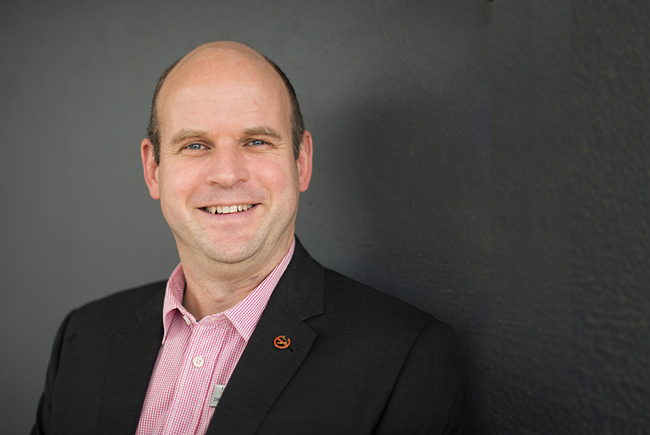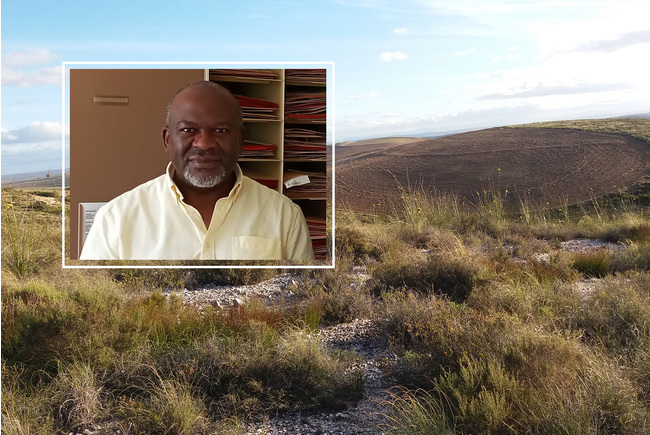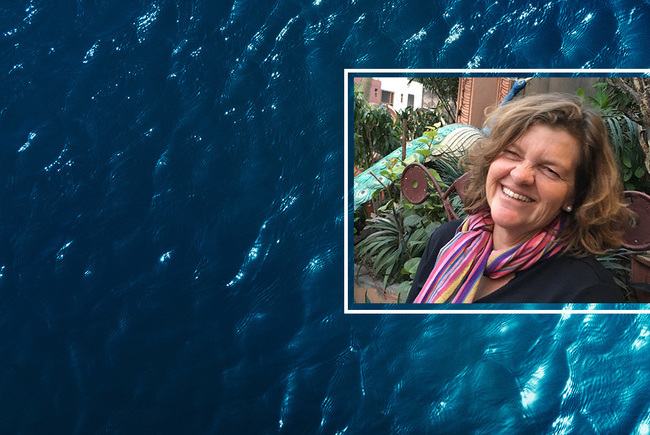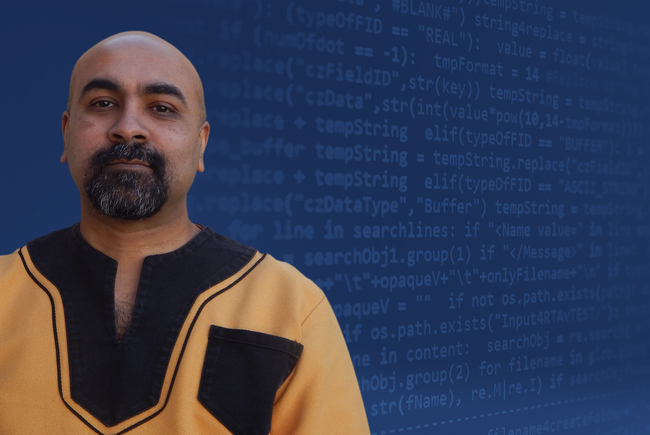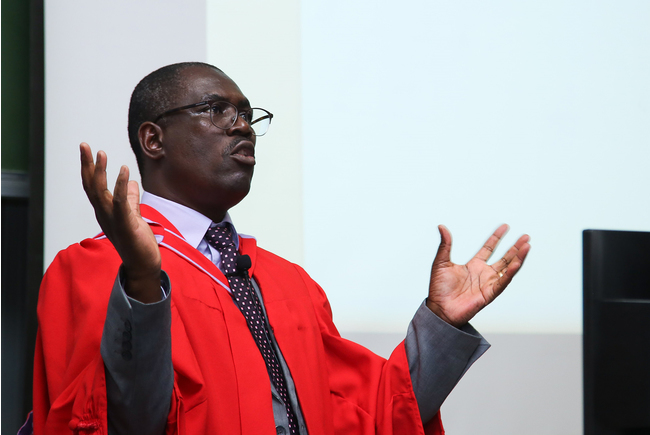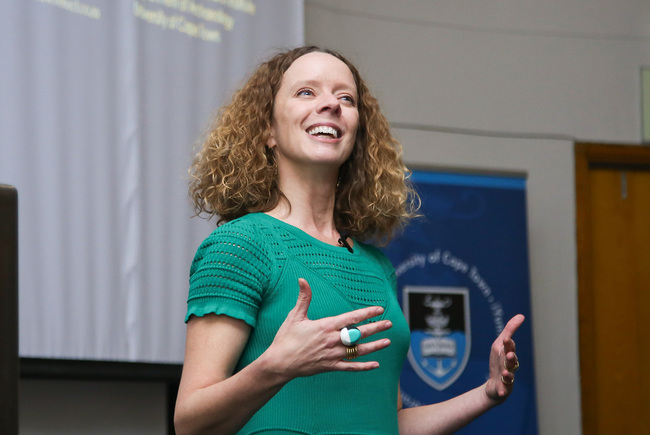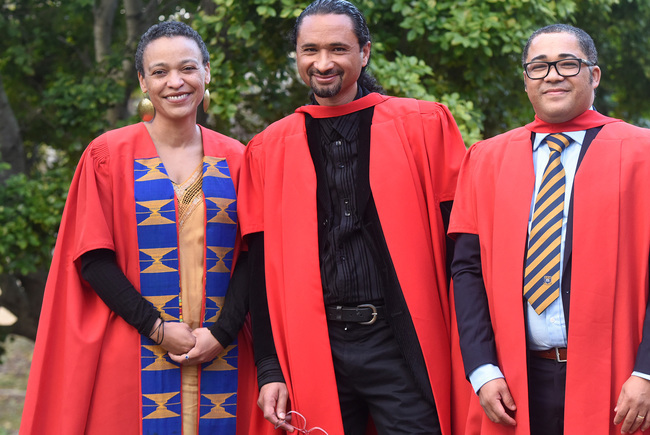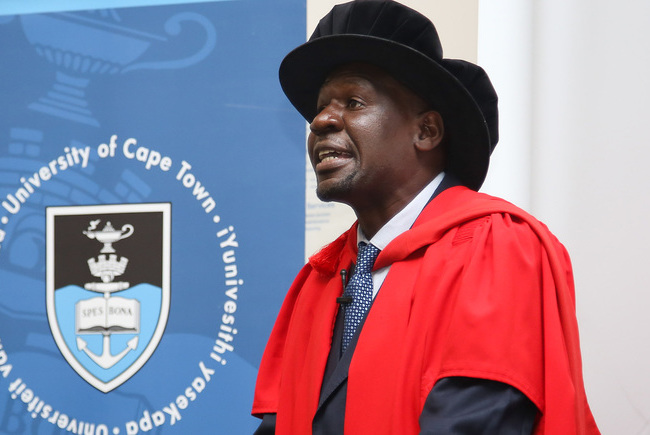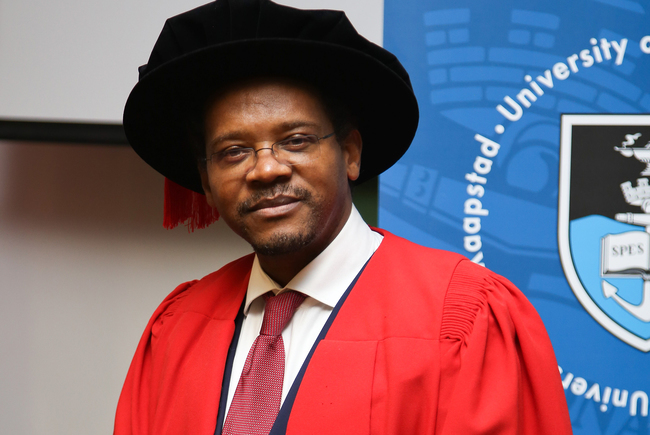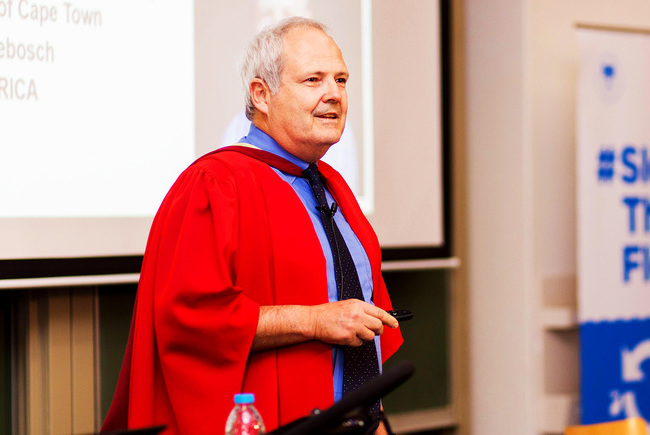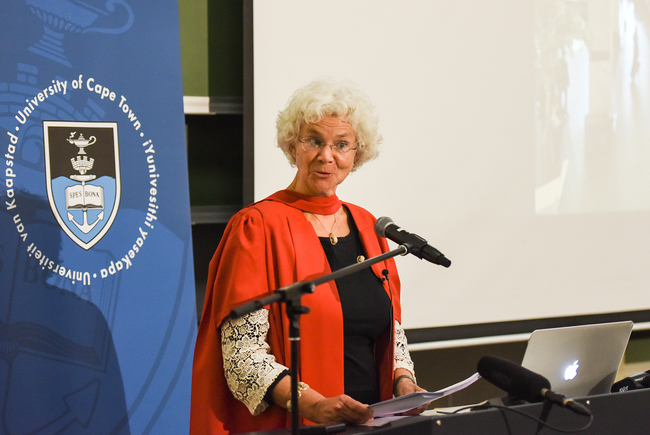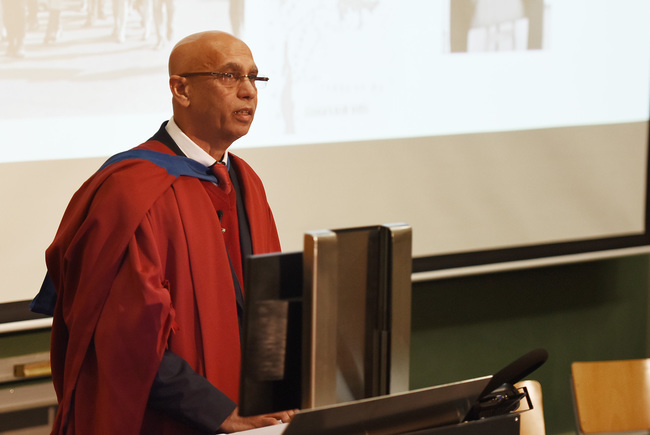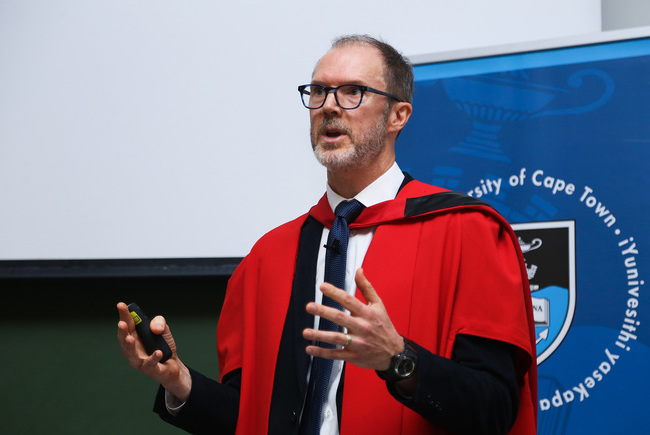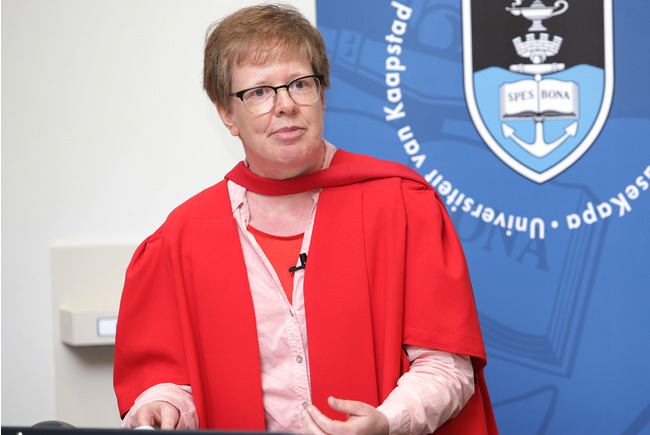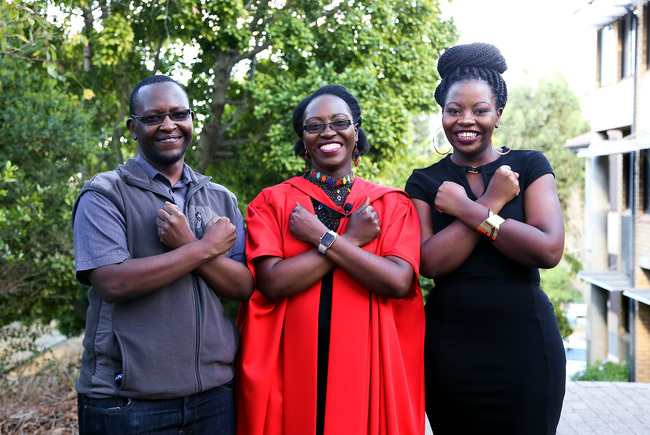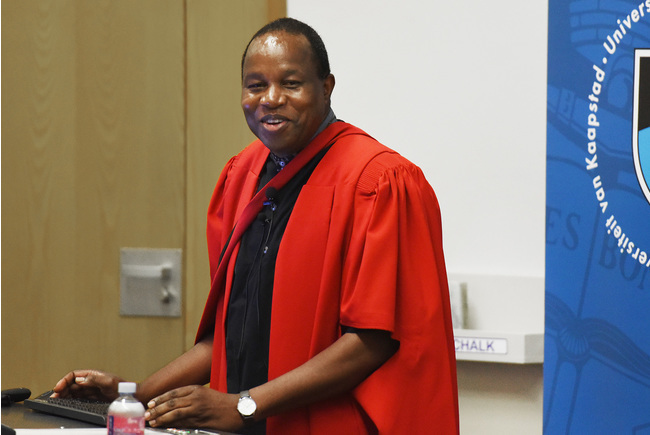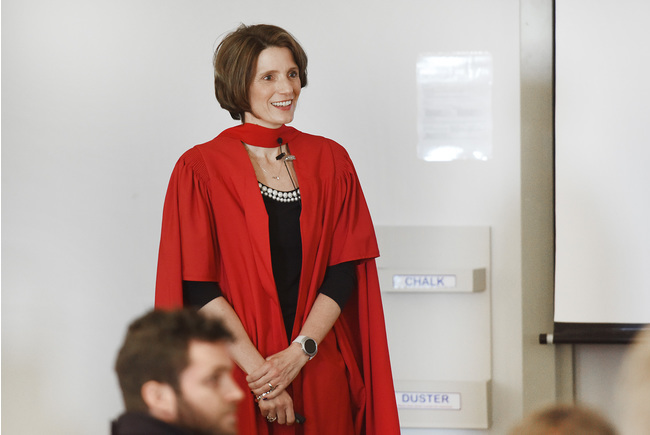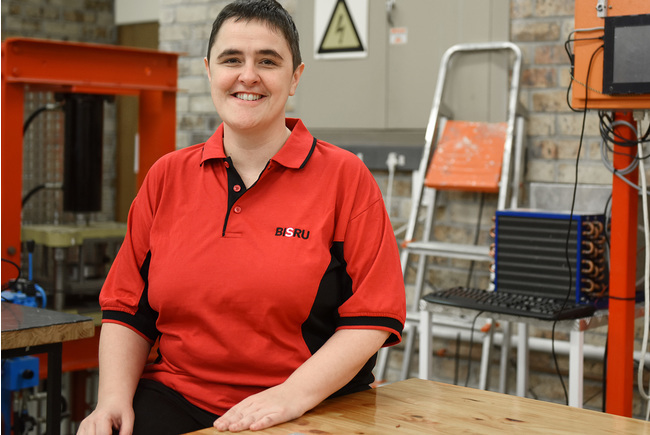‘We need to realign computer science with societal needs’
08 October 2020 | Story Carla Bernardo. Read time 7 min.Computer science involves numerous fast-evolving fields, such as algorithm and software design, making it difficult for computer scientists to keep up with developments. But computer science is faced with another more pressing reality: it is overwhelmingly motivated by profit and does not focus nearly enough on human and values-driven innovation.
This is particularly concerning in low-resource environments like South Africa where computer science is often necessary for the pursuit of human development. But how should computer scientists respond? And what will they produce if it is not for profit?
For the University of Cape Town’s (UCT) Professor Hussein Suleman, the response should be a return to the roots of the discipline and realigning computer science with societal needs. By removing the profit motive, he argued, computer scientists can provide increased value for society.
“It’s all about money. There’s no ethics, no context, no human-centric values here. It’s all about producing massive profits.”
Professor Suleman shared these views, which are grounded in his extensive research, during the Vice-Chancellor’s Inaugural Lecture on Wednesday, 30 September. His was the first inaugural lecture of the year and the first to take place online. These lectures are a central part of the university’s academic life and serve to commemorate inaugural lecturers’ appointment to full professorship.
Suleman is head of the Department of Computer Science and now a full professor in UCT’s School of Information Technology. His research is situated within the Digital Libraries Laboratory and the UCT Centre in Information and Communications Technology for Development (ICT4D).
In his lecture, titled “Computer Science at times of crisis: reflecting on societal drivers for software and algorithm design”, Suleman tackled the challenges facing the field, presented possible solutions and interventions, and advocated for a return to roots.
Tool builders
Among the challenges facing the field are what Suleman referred to as the “capitalism of software development” and the technology industry’s focus on profit.
“It’s all about money. There’s no ethics, no context, no human-centric values here. It’s all about producing massive profits.”
Although it would lead to a slowdown of growth in the industry, Suleman’s remedy to this situation involves removing the profit motive from computer science to force programmers to innovate much more.
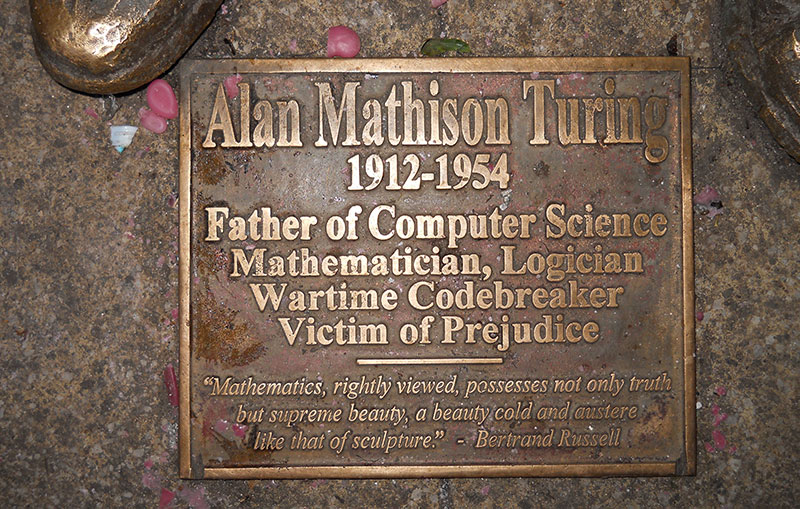
There also need to be realistic expectations and an understanding of what those in the field can achieve when it comes to solving problems, whether it be poverty, unemployment, climate change or the COVID-19 pandemic. Instead of trying to solve the problem themselves, Suleman urged that his peers be tool builders.
“Many people will solve their own problems, but they need access, opportunity and agency.”
“As computer scientists, we need to see ourselves as tool builders,” he said. “We are not going to solve problems within specific domains, but what we are going to do is build the tools for others to solve problems, which can have a far greater impact.”
However, Suleman cautioned against the myth of the idea of a decontextualised tool, where the computer scientist believes they take no responsibility for how the tools they create are used, such as war simulations used by the military.
Removal of unfreedoms
Another way in which Suleman believes computer scientists can add value and address societal challenges is by first understanding the context and then enabling people to tackle societal issues.
“Many people will solve their own problems, but they need access, opportunity and agency,” he said.
An example of enabling people is providing access to mobile devices. Novel solutions, which would otherwise have been impossible or take much longer to conceive and implement, have been realised with this technology. Another example is the increasing possibility of open hardware, which enables people to build devices that would have been near impossible 10 years ago.
An additional concern of Suleman’s is access to information, which can provide solutions in many forms, such as search engines and digital libraries. Equally of concern is the use of computer science to enable quality education.
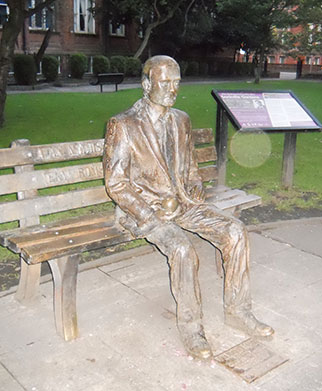
The computer science professor added that this enabling of access, opportunity and agency speaks to Indian economist Amartya Sen’s “removal of unfreedoms”.
“Taking the example of apartheid: people [were explicitly] denied opportunity, and so I think one thing that we can do to change society is to enable opportunity once again and enable access once again.”
Return to roots
Concluding his lecture, Suleman reiterated the need to realign and to return to the genesis of the discipline, which can be traced back to the Second World War when a team led by Alan Turing harnessed early computer science to save human lives and end the conflict.
“We need to go back to our roots and understand that tackling crises is where we came from. And the way we’re going to deal with the current crisis and future crises is by thinking about this in the way that we develop systems.”
For him, what is required are more critical computer scientists who will develop the discipline in a “deeply contextual manner”. This includes thinking about the environment in which systems are being developed, acknowledging that one-size-fits-all solutions are not the answer, not to over-engineer solutions, prioritising data rescue as much as data preservation, and minimising computation.
“And if we do this right, this is something that can benefit … everybody.”
 This work is licensed under a Creative Commons Attribution-NoDerivatives 4.0 International License.
This work is licensed under a Creative Commons Attribution-NoDerivatives 4.0 International License.
Please view the republishing articles page for more information.
The UCT Inaugural Lecture Series
Inaugural lectures are a central part of university academic life. These events are held to commemorate the inaugural lecturer’s appointment to full professorship. They provide a platform for the academic to present the body of research that they have been focusing on during their career, while also giving UCT the opportunity to showcase its academics and share its research with members of the wider university community and the general public in an accessible way.
In April 2023, Interim Vice-Chancellor Emeritus Professor Daya Reddy announced that the Vice-Chancellor’s Inaugural Lecture Series would be held in abeyance in the coming months, to accommodate a resumption of inaugural lectures under a reconfigured UCT Inaugural Lecture Series – where the UCT extended executive has resolved that for the foreseeable future, all inaugural lectures will be resumed at faculty level.
Recent executive communications
2025
2024
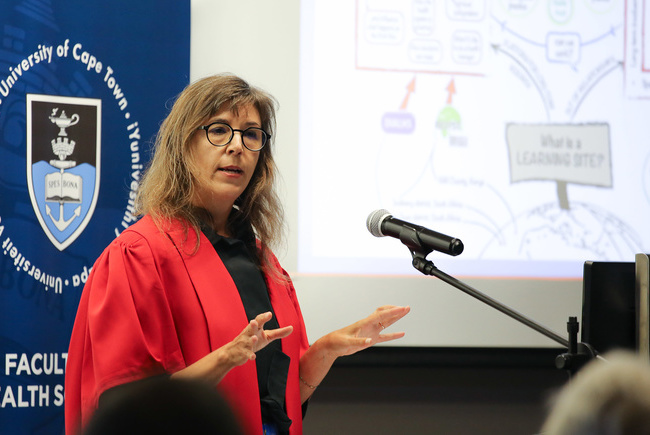
Professor Susan Cleary delivered her inaugural lecture on 14 March.
14 Mar 2024 - 5 min read2023
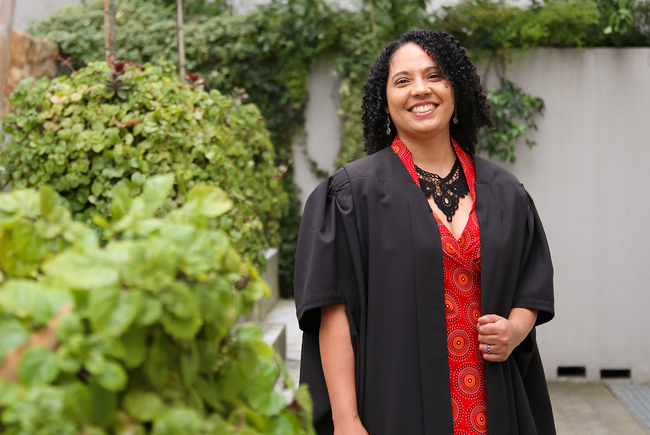
Prof Lydia Cairncross’s inaugural lecture provided a snapshot of the career path of a surgeon and community activist whose commitment to social justice means her work doesn’t end in the operating theatre.
02 Nov 2023 - 8 min read2022
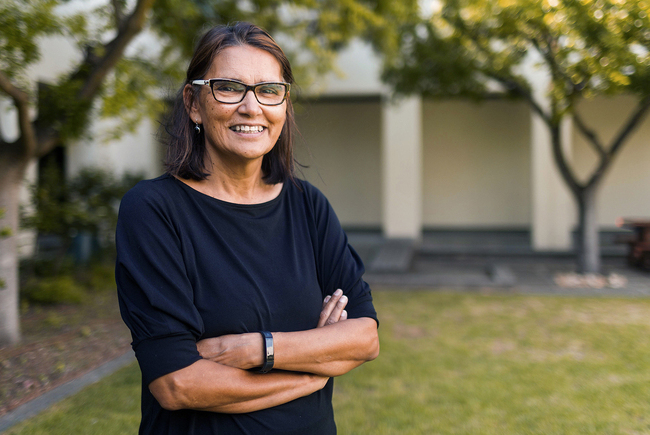
Professor Linda Ronnie is in UCT’s Faculty of Commerce.
28 Sep 2022 - 6 min read2021
2020
2019
2018
2017
2016 and 2015
No inaugural lectures took place during 2015 and 2016.


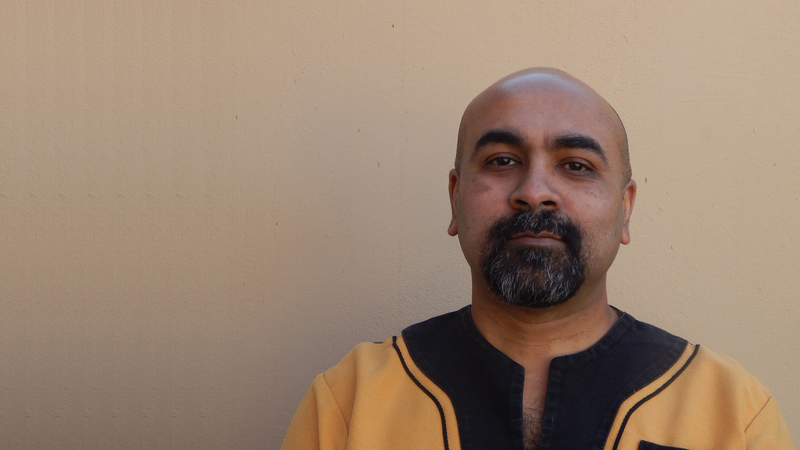





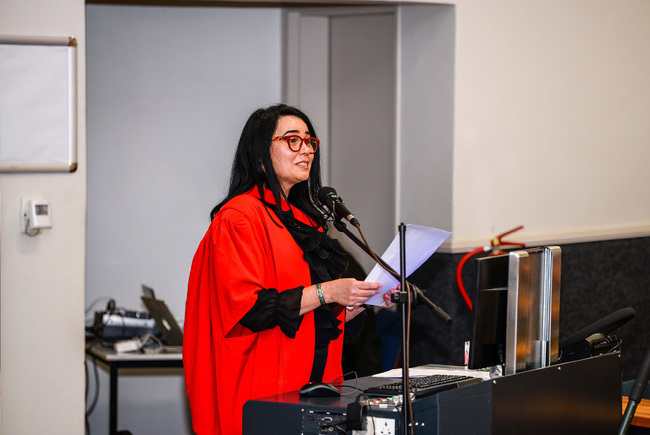


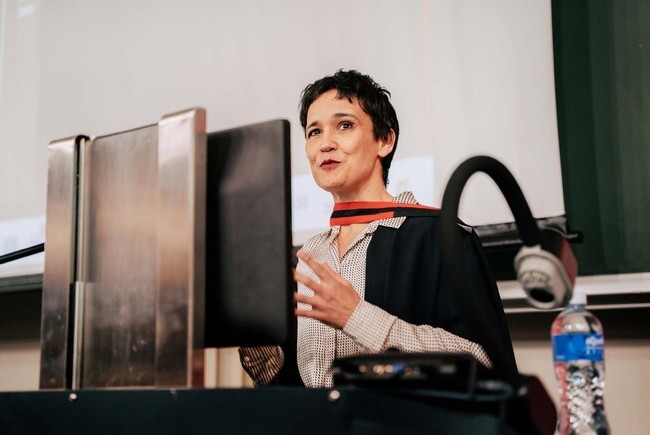
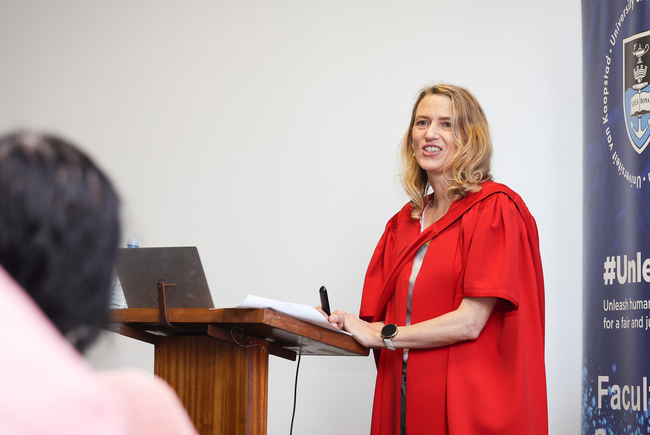
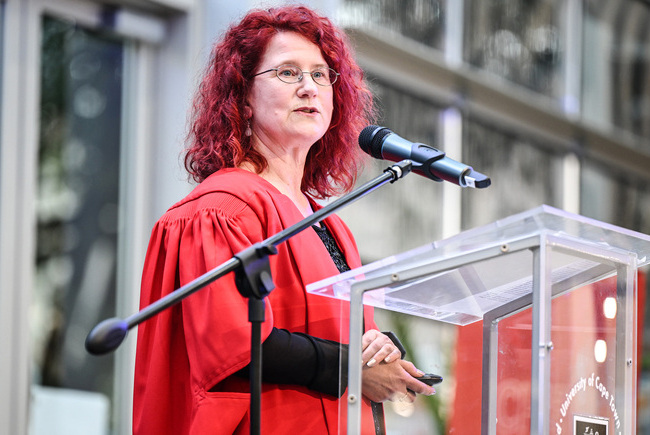

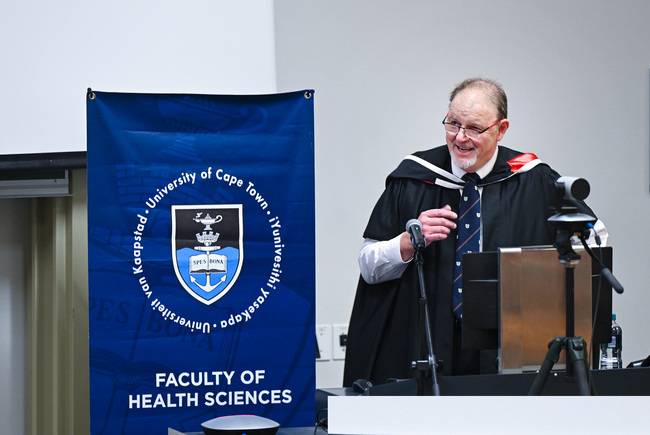
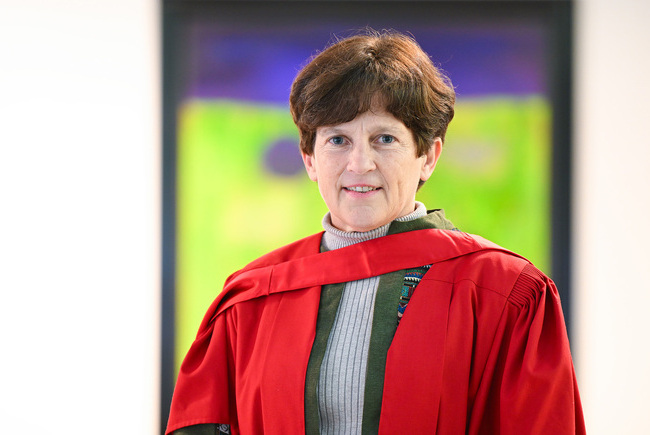
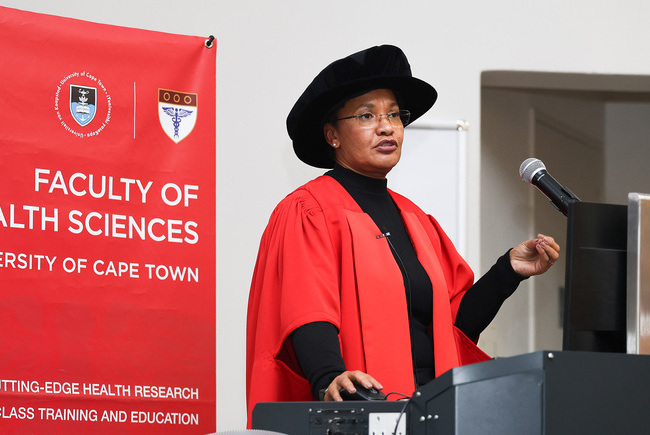
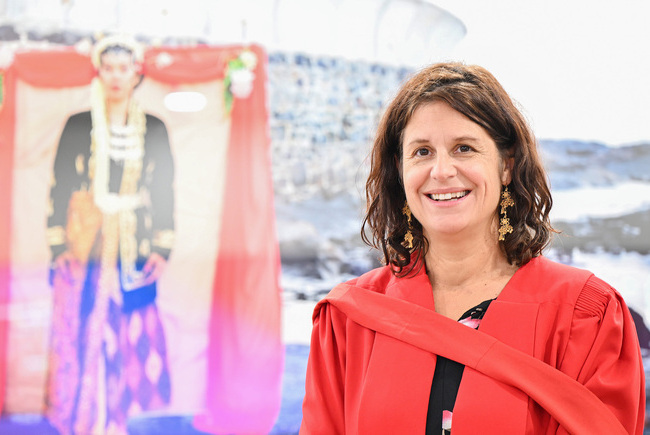
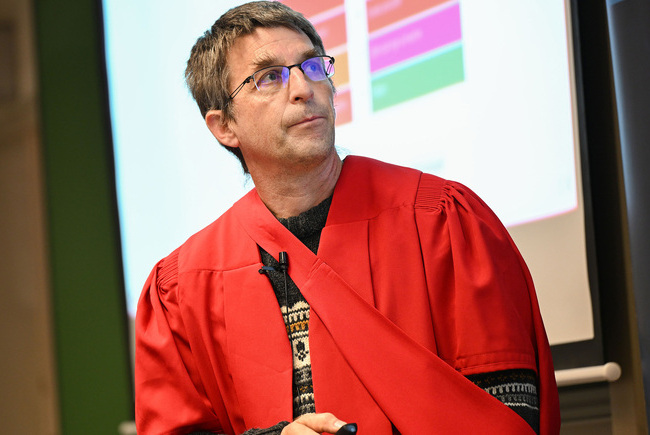
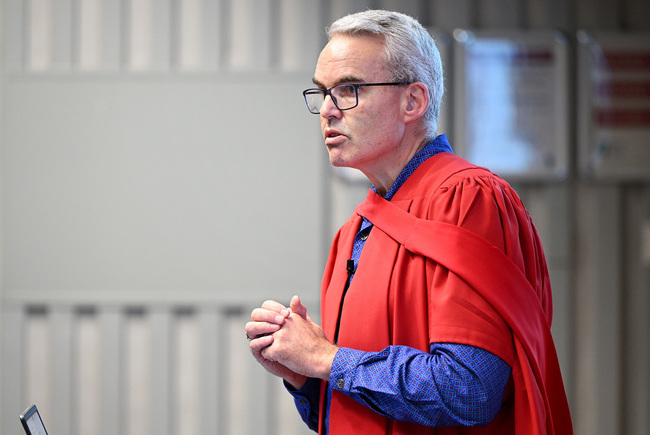

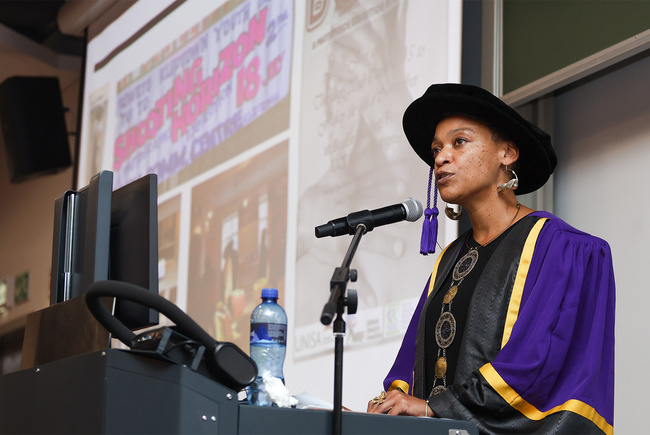
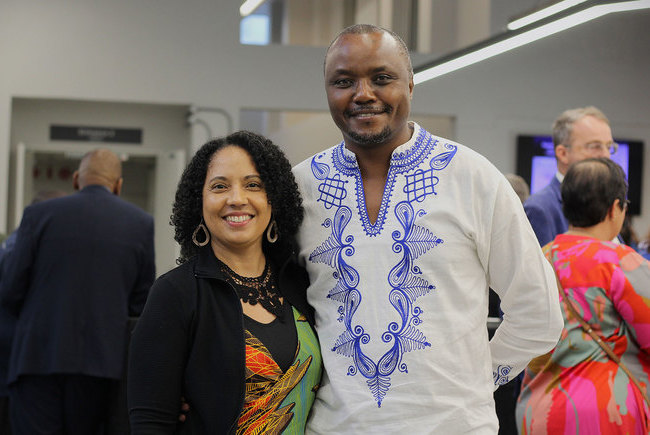
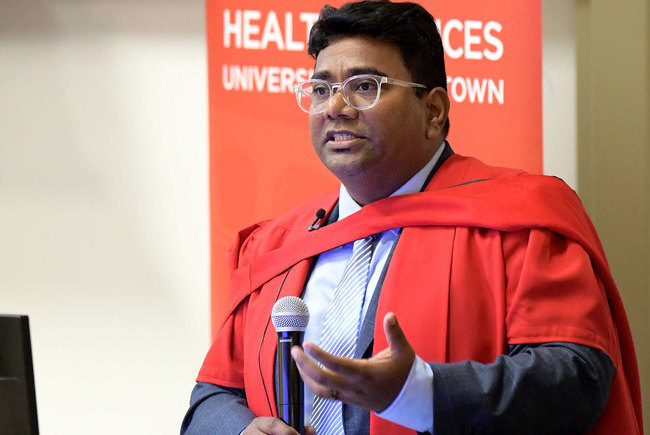
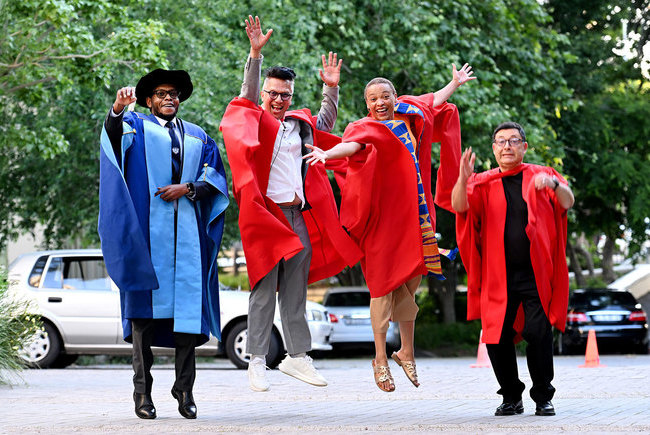
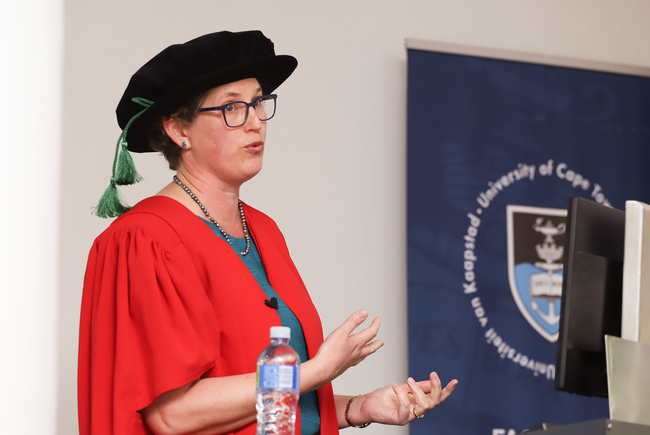
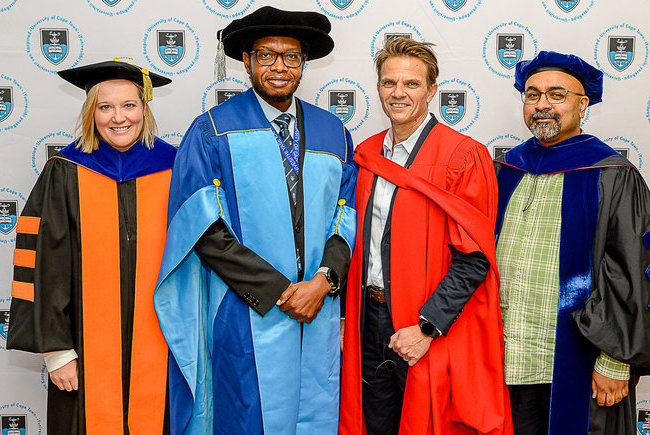
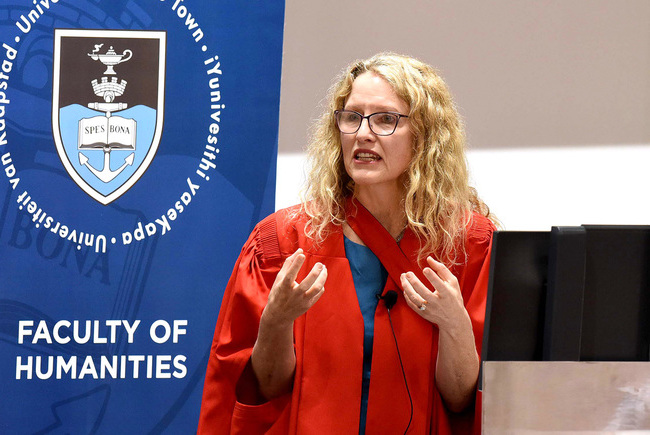
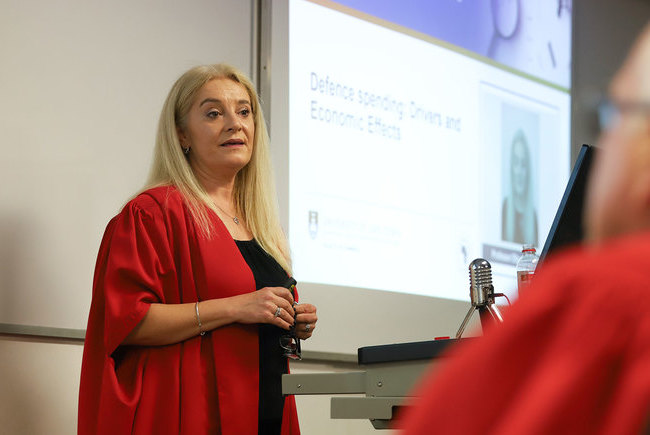
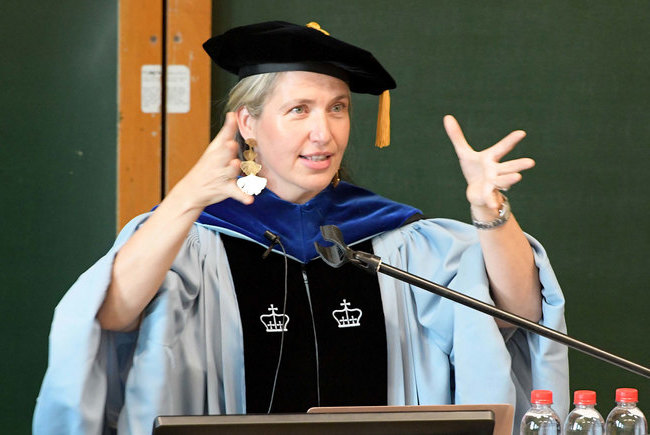
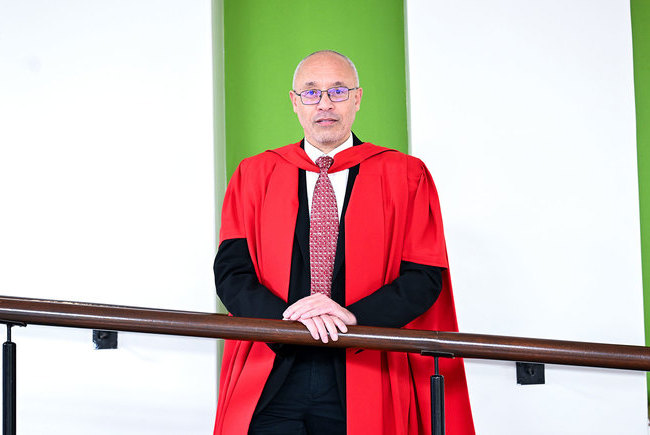
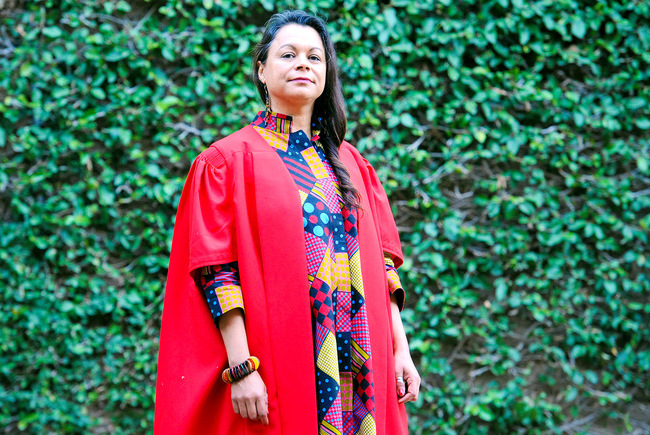
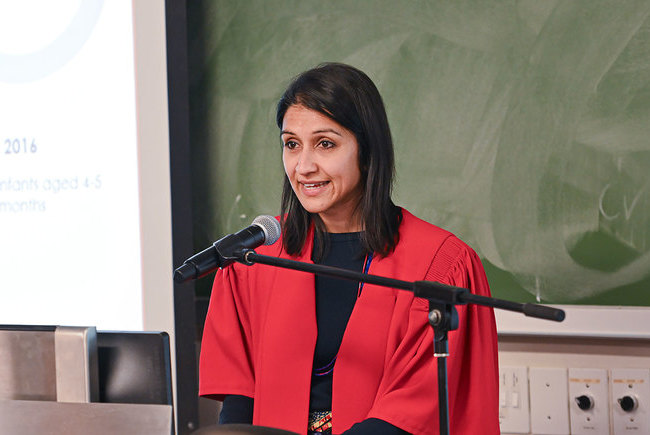
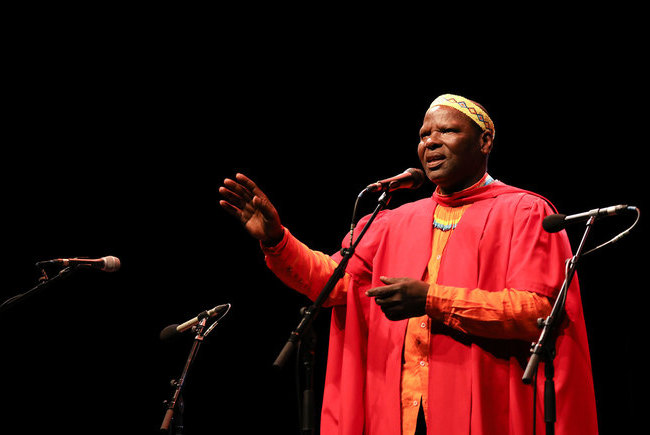
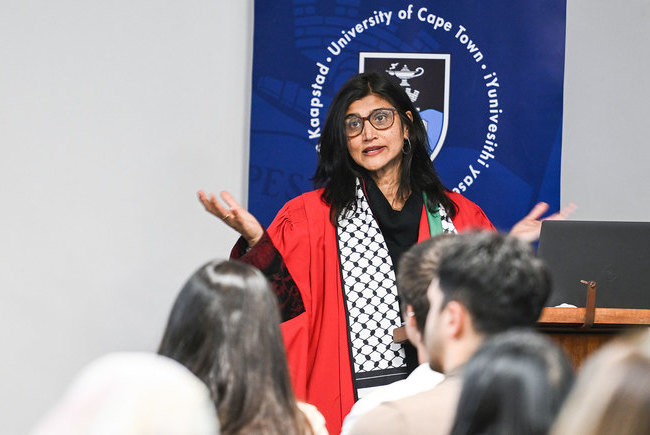
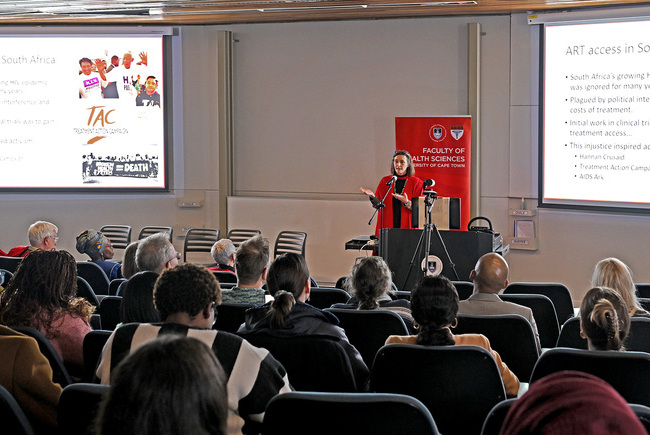
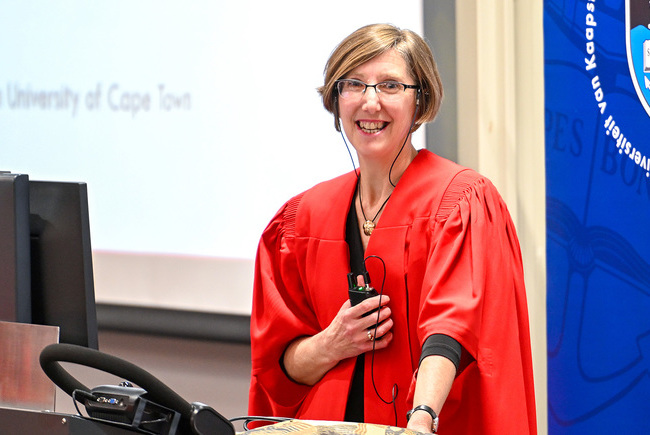
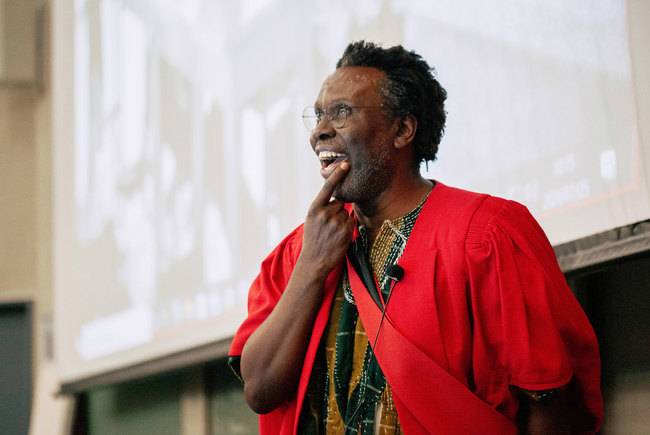
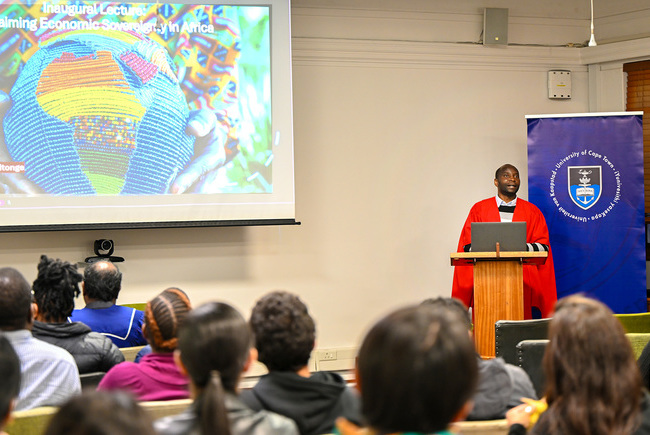
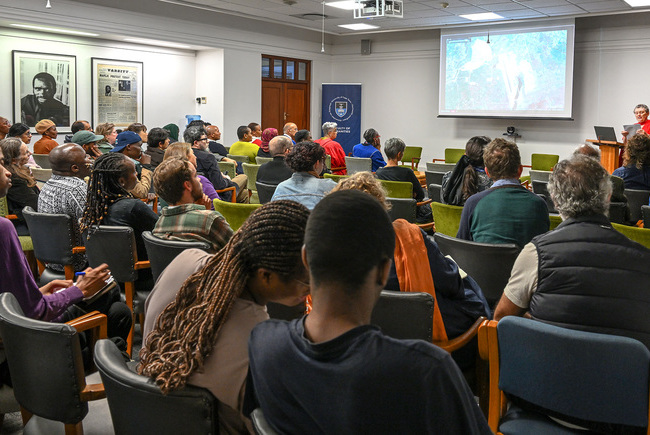
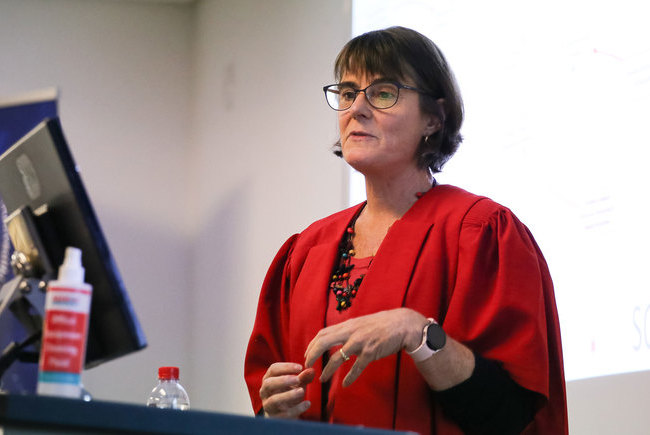
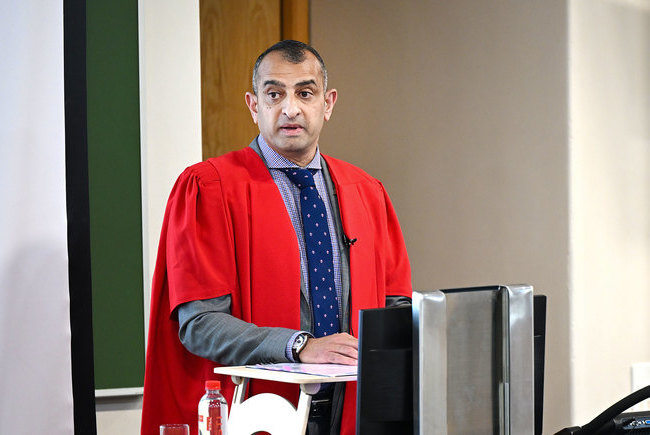
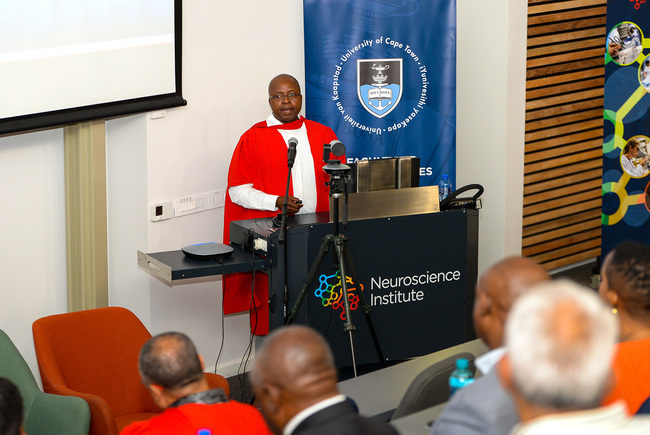

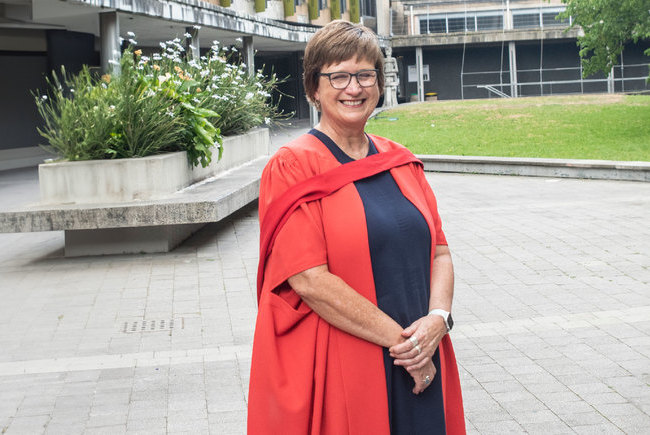
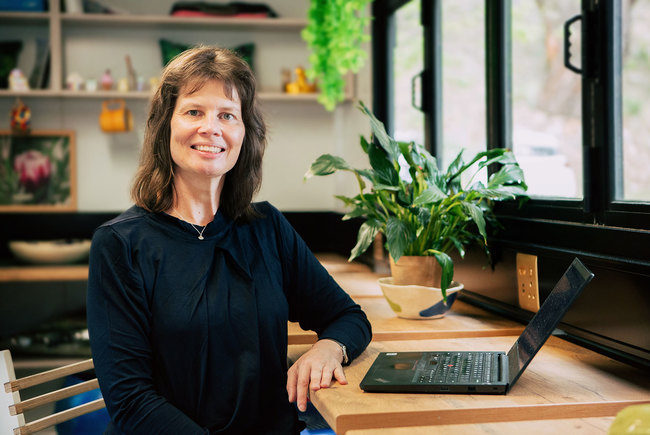
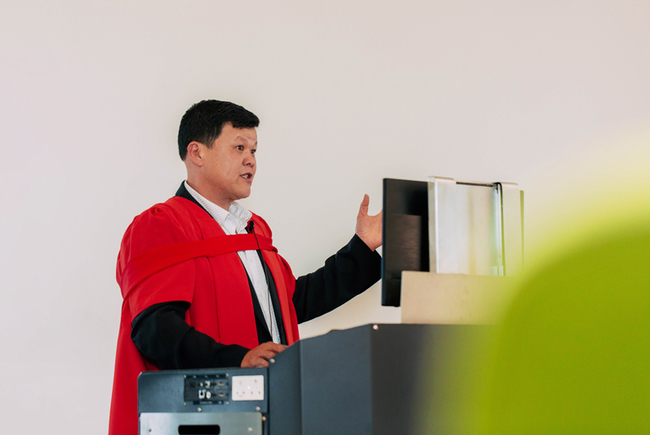
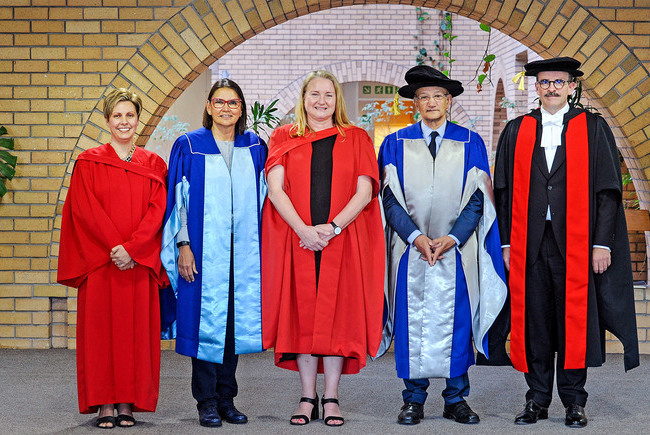

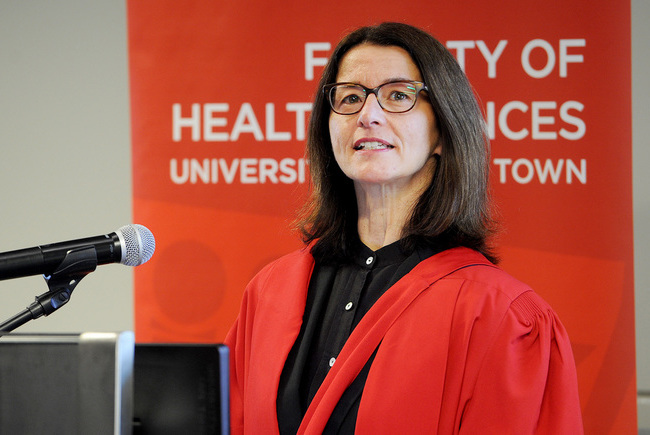
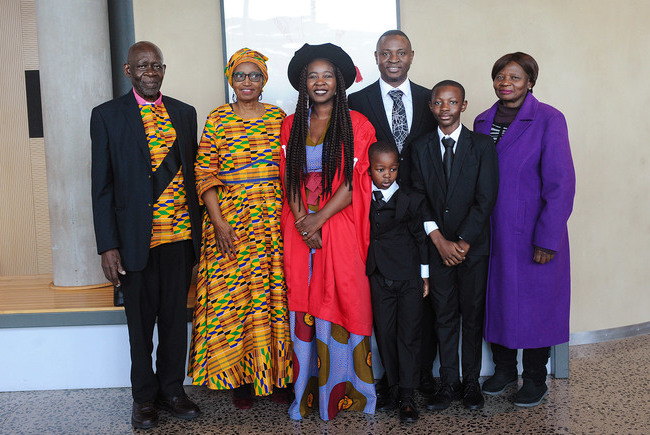
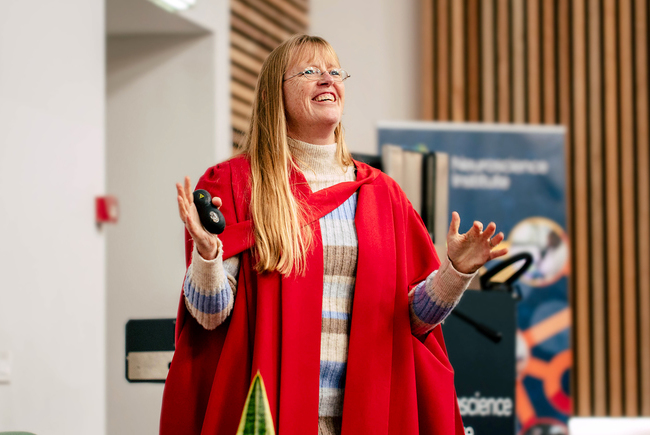

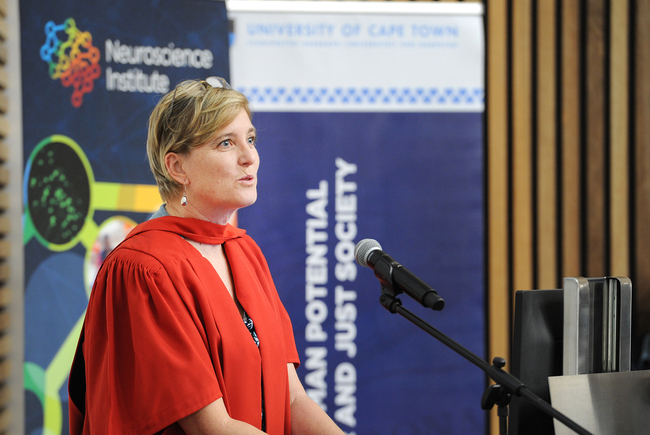
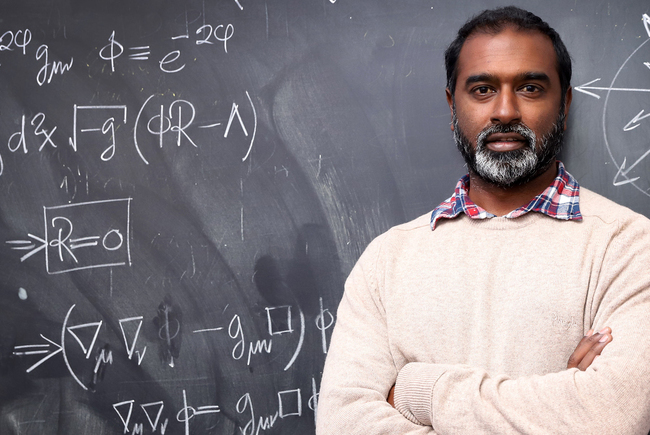
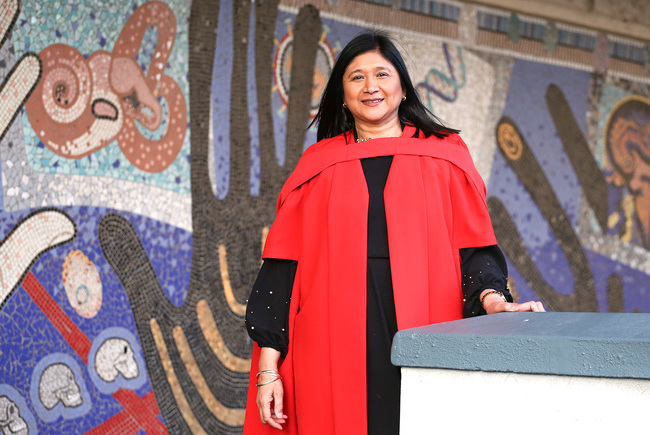
.jpg)
